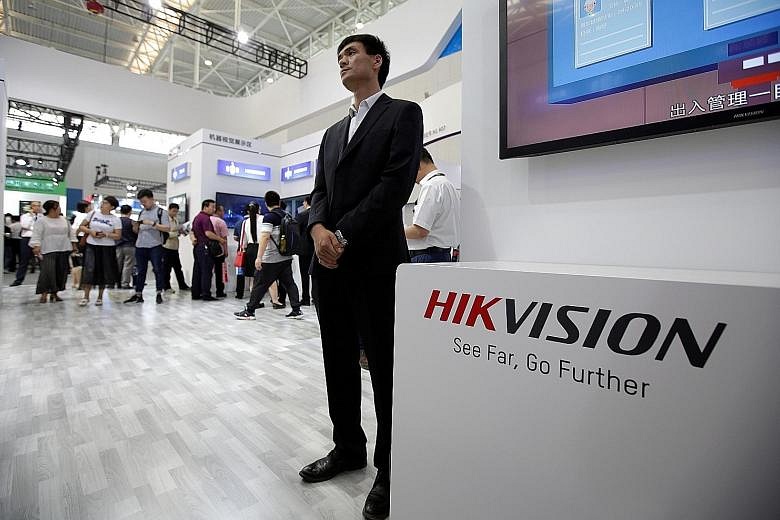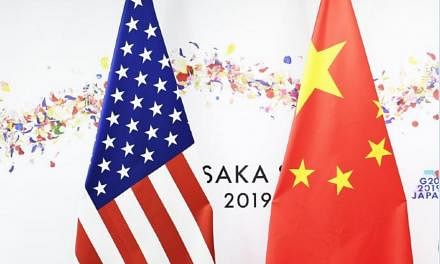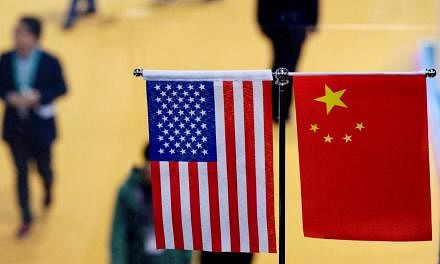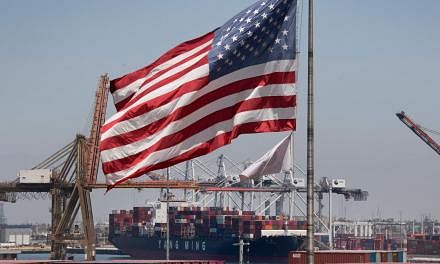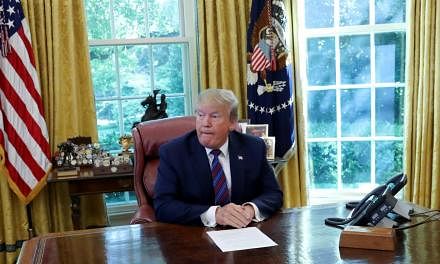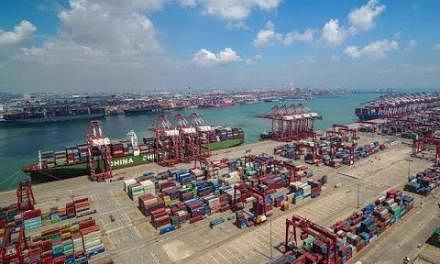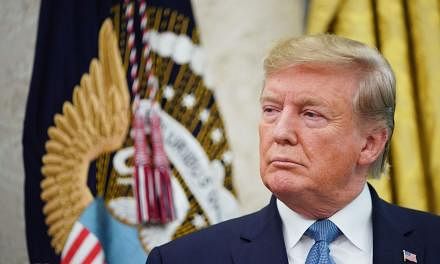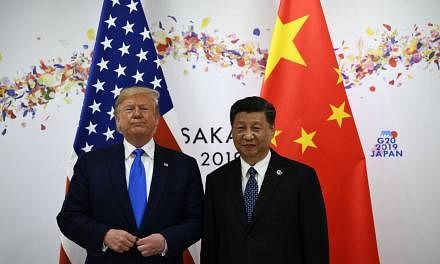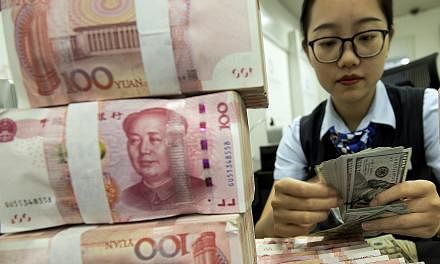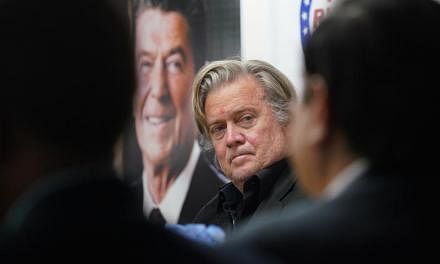WASHINGTON • The US is considering cutting off the flow of vital American technology to as many as five Chinese companies including Hangzhou Hikvision Digital Technology, widening the dragnet beyond Huawei to include world leaders in video surveillance.
The US is deliberating whether to add Hikvision, Zhejiang Dahua Technology and several unidentified companies to a blacklist that bars them from American components or software, people familiar with the matter said.
The Trump administration is concerned about their role in helping Beijing repress minority Uighurs in China's west, they said, asking not to be identified as they were talking about private deliberations. There is also concern that Hikvision or Dahua's cameras, which come with facial recognition capabilities, could be used in espionage, they added.
Such a move would escalate tensions with China and raises questions about whether the US is going after more of the country's corporate champions.
The Trump administration last week barred Huawei Technologies from using American technology, a move that pummelled shares in US chipmakers from Qualcomm to Intel, and threatens to dampen global economic growth and disrupt the rollout of critical next-generation wireless networks.
Hikvision and Dahua have been accused by human rights groups of facilitating Beijing's persecution of the Uighurs, a Muslim ethnic group, in the western region of Xinjiang.
The Trump administration, however, has held off on taking action because of sensitive trade negotiations with China, the people said. Those talks have since stalled.
It is unclear which other companies may join Huawei on the so-called Entities List, which prohibits the sale of American technology without a special licence. Chinese firms such as Hikvision and Dahua are the world's largest purveyors of surveillance hardware, along with smaller rival Yitu Technology. Others such as SenseTime Group and Face++ parent Megvii specialise in image processing software and are less reliant on US components.
"We hope the company receives a fair and just treatment," Hikvision's secretary of the board, Ms Huang Fanghong, said in a statement.
Dahua representatives had no immediate comment. SenseTime declined to comment, while Megvii and Yitu did not respond to requests for comment.
The latest threat will elevate fears in Beijing that President Donald Trump's ultimate goal is to contain China, triggering a cold war between the world's biggest economies. In addition to a trade fight that has rattled global markets, Washington has pressured allies and foes alike to avoid using Huawei for 5G networks that will power everything from self-driving cars to robot surgery, forming the backbone of a modern economy.
At the heart of Mr Trump's concerted campaign is suspicion that Chinese firms aid Beijing in global espionage while spearheading its ambitions of becoming a technology superpower. The US Justice Department also accuses Huawei of wilfully violating sanctions on Iran, and last year engineered the arrest of the eldest daughter of Huawei's billionaire founder. Huawei has denied those allegations.
China's Foreign Ministry yesterday urged the US to provide a fair environment for Chinese firms.
"Recently, we have repeatedly expressed China's position of opposing the United States' abuse of national power to wilfully smear and suppress other countries' companies, including Chinese companies," ministry spokesman Lu Kang said at a briefing.
China requires its companies to abide by international norms when investing abroad, but "at the same time we always demand that other countries give Chinese enterprises fair and non-discriminatory treatment", he added.
BLOOMBERG, REUTERS
